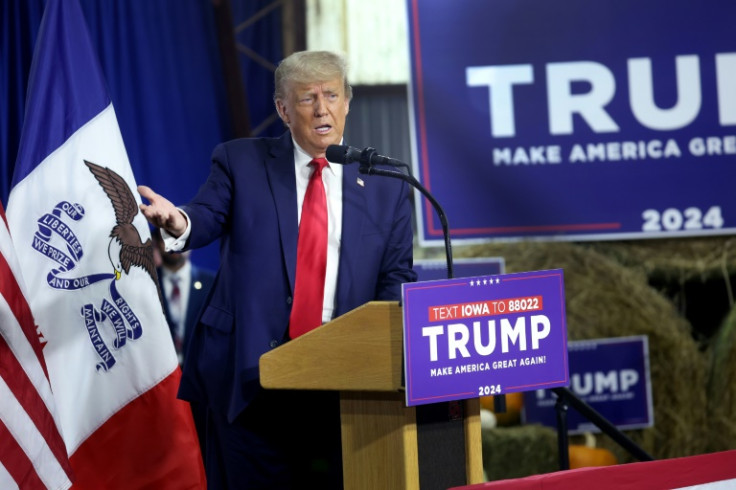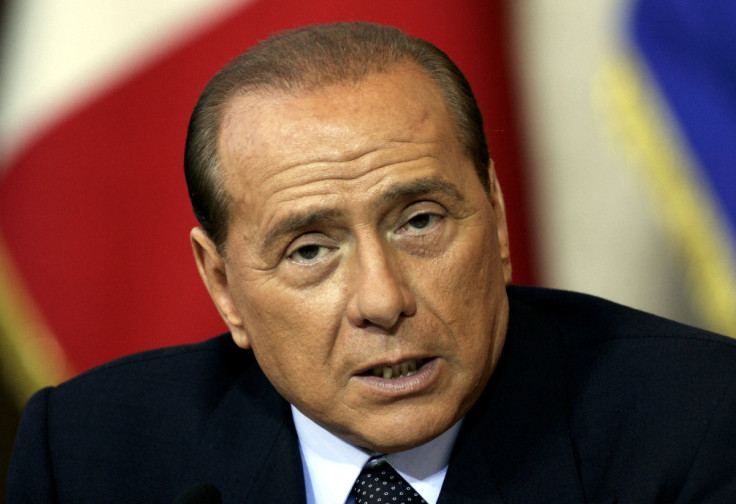Billionaire Politicians Will Be More Common, New Study Says

More than 11% of the world's billionaires have already held or tried to get a formal political office. And the trend is for that to become more common, a new academic study says.
"The global billionaire class continues to swell, and, given the high rate of formal political participation among this class to date, there likely will be many more billionaire politicians in the coming years," Northwestern University professors Daniel Krcmaric, Stephen C. Nelson and Andrew Roberts say in an article published online by Cambridge University Press.
The authors analyzed political participation for the more than 2,000 people included in the Forbes Billionaires List. According to them, the 11% rate of participation is considered elevated.
"Even compared to other elite groups known for producing politicians from their ranks, this is a high rate of political participation," the study says.
Billionaires seek political positions by appointment or by running for office. They are focused on influential positions, mostly at the national level. And most of them lean to the right ideologically, according to the authors.
In the U.S., "there are 2.5 times more Republican Party-affiliated than Democratic Party-affiliated billionaire politicians," the article says.
The study mentions that former President Donald Trump quickly added other ultra-rich individuals to his cabinet after his election, including Betsy DeVos, Linda McMahon and Wilbur Ross.
Election Wins

The article says that direct involvement of the billionaires in politics is a global phenomenon. Before Trump became the first billionaire to ascend to the U.S. presidency, individual such as Andrej Babiš in the Czech Republic, Silvio Berlusconi in Italy, Bidzina Ivanishvili in Georgia, Najib Mikati in Lebanon, Sebastián Piñera in Chile, and Thaksin Shinawatra in Thailand also have held their country's top political positions.
The article points that billionaire politicians have "an impressive track record" when they run for office, winning 80% of the elections. They have as advantages the "enormous sums of personal wealth to fund expensive campaigns," the fact that many of them own media companies to be at their service, and also, for being rich, they can run whenever and wherever they want.
Former New York City Mayor and billionaire Mike Bloomberg spent more than $1 billion of his own money on a roughly 100-day presidential run in 2020, according to a Federal Election Commission filing.
The number of billionaires in politics is related to the regime type and tends to be higher in autocracies than in democracies, the study says. In the U.S., the rate of political entry for billionaires is 3.7%, well below the 11% average. That rate is at 36% for China, 31% in Hong Kong and 21% in Russia.
In their conclusion, the authors say that there are good reasons to see billionaire politicians as a concern, but remind that billionaires do not need to pursue formal office to impose their political preferences.
© Copyright IBTimes 2025. All rights reserved.




















